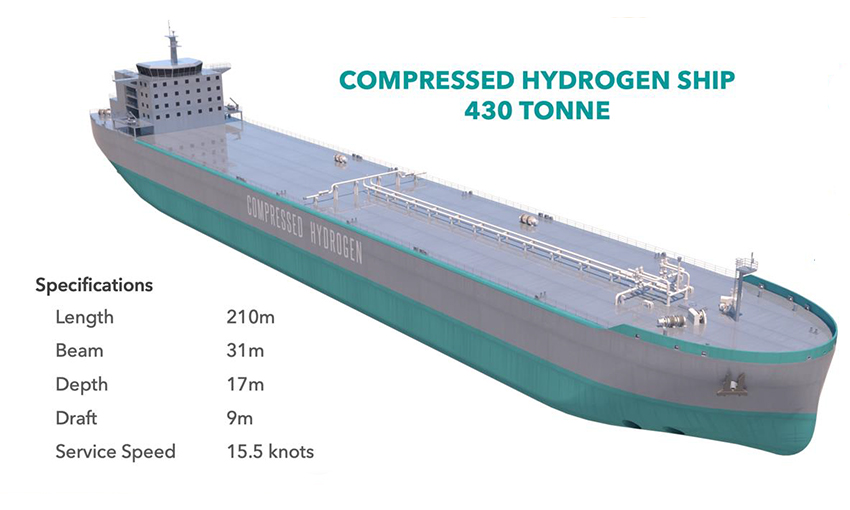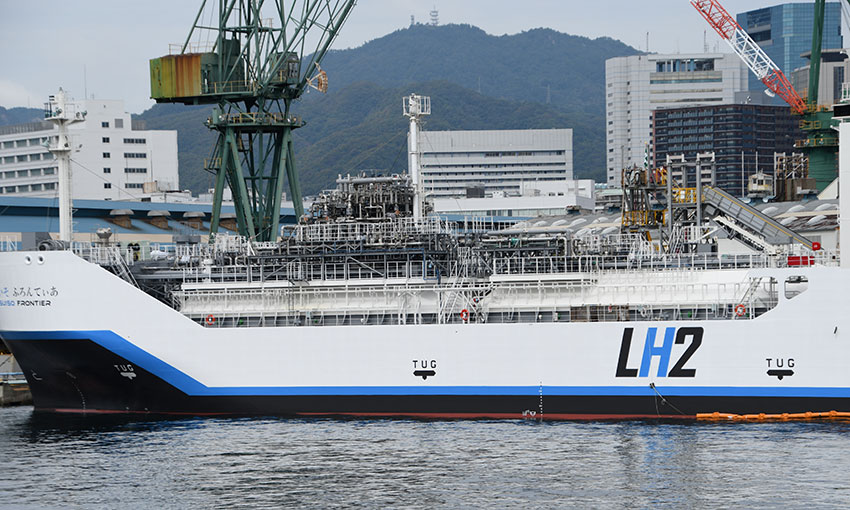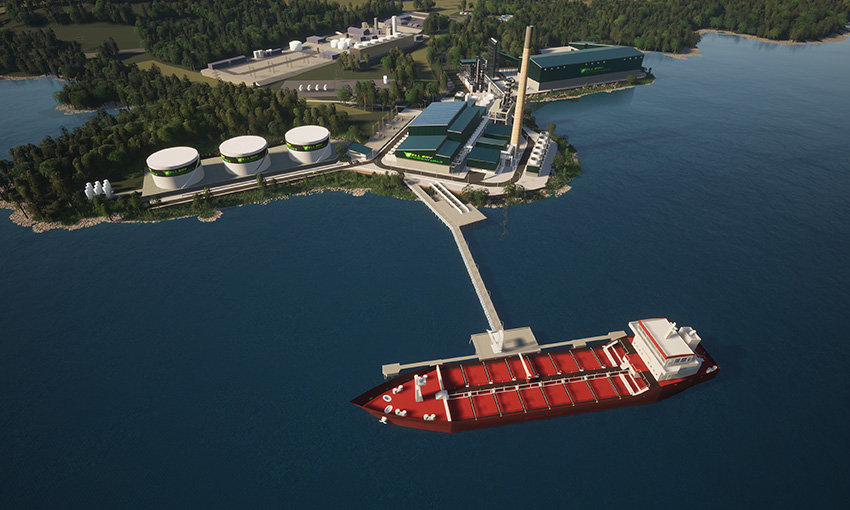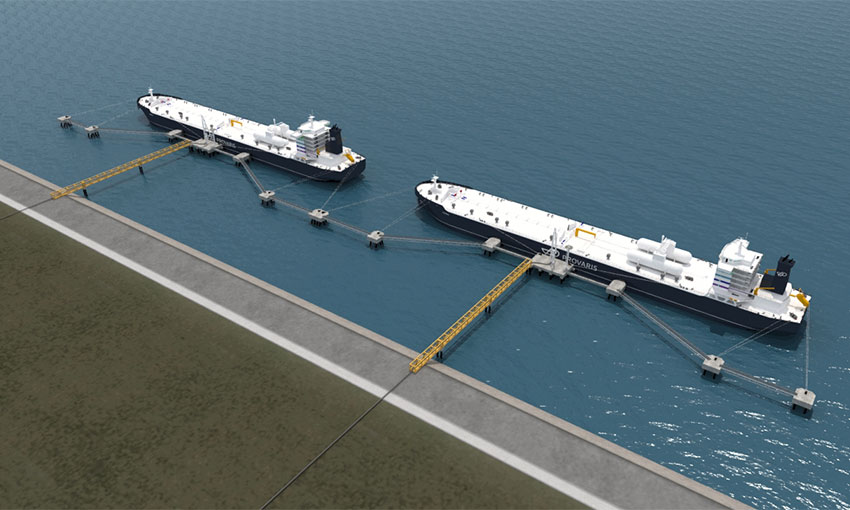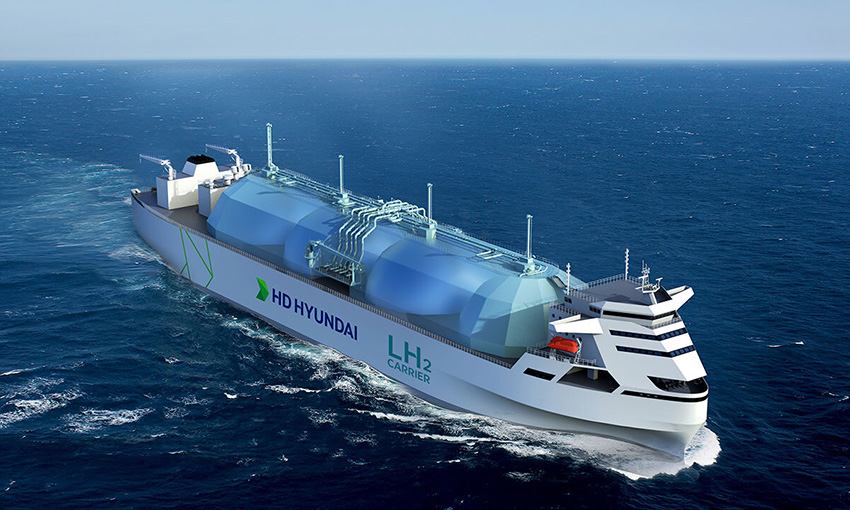THE American Bureau of Shipping has issued an approval in principle for ASX-listed Global Energy Ventures’ pilot-scale compressed hydrogen ship, based on a cargo capacity of 430 tonnes of hydrogen.
GEV managing director Martin Carolan said the AIP for the pilot-scale ship comes after receiving an AIP earlier this year for a larger compressed hydrogen ship with a 2000-tonne capacity.
“ABS is a leading classification society for gas carriers and GEV is looking forward to working with them to ensure that our compressed hydrogen ships continue to meet the highest safety standards,” he said.
“Marine storage and transport solutions are required for hydrogen to contribute to global decarbonisation ambitions. Efficient, safe and cost competitive marine transport solutions for high-purity hydrogen are required before 2030 to enable the development of greenfield hydrogen supply chains at scale.
“GEV views the compressed hydrogen ship as a competitive carrier and the ideal scale to advance the commercialisation of several hydrogen greenfield export projects proposed or under development.”
The pilot-scale compressed hydrogen ship is planned to be a handymax-sized gas carrier. It is designed to support the requirements of greenfield hydrogen projects being established for export by the mid-2020s.
In an ASX release, GEV pointed out that handymax vessels can enter most ports.
The pilot-scale compressed hydrogen carrier will be equipped with an electric drive propulsion system using Wärtsilä’s dual-fuel (natural gas and hydrogen) engines. They will power generators coupled to two electric drive fixed-pitch propellers. The ship can also be equipped with dynamic positioning to allow it to hold its position using bow and aft thruster systems. This DP system will support safe and efficient offshore loading operations.
GEV is also working with Ballard Power Systems to ultimately power the ships with marine fuel cells using 100% hydrogen, providing a zero-carbon shipping solution.
The company said it views class approval for construction as the key technical barrier to achieve commercialisation for the compressed hydrogen ship and supply chain, with AIP being the pre-curser to ABS approval for construction. GEV said it is now working with ABS to progress the various engineering phases.
GEV in August announced its collaboration with the HyEnergy project located on the Gascoyne Coastline of Western Australia. A feasibility study will be undertaken for completion by mid-2022 with the pilot ship to be used as a base case for the transport of green hydrogen to Asia Pacific markets.

